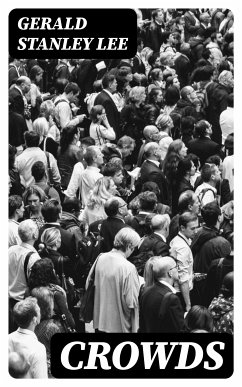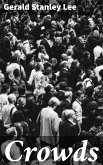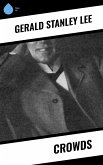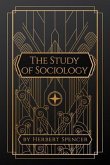In "Crowds," Gerald Stanley Lee delves into the complexities of human behavior and societal dynamics, exploring how large groups influence individual actions, emotions, and beliefs. Written in a reflective and analytical style characteristic of early 20th-century sociological thought, the book interweaves anecdotes, observations, and theoretical insights. Lee scrutinizes the psychological forces at play within collective gatherings, drawing upon his rich understanding of social psychology and the burgeoning field of crowd theory during his time. The text serves as both a chronicle of contemporary societal phenomena and a prescient exploration of the challenges posed by the massification of social behavior. Gerald Stanley Lee was an influential American writer, thinker, and social commentator whose interest in crowd psychology stemmed from the tumultuous events of his age, particularly the effects of World War I and the rise of mass movements. His academic background in literature and philosophy informed his distinctive perspective, enabling him to weave insightful observations about public sentiment and individual identity within the fabric of society. Lee's interdisciplinary approach makes "Crowds" a vital contribution to the fields of sociology and psychology alike. This thought-provoking book invites readers to reconsider the nature of collective existence, making it an essential read for those interested in psychology, sociology, and the human experience as a whole. Lee's keen insights are as relevant today as they were when first published, offering clarity into the complexities of contemporary social dynamics. It serves not only as a historical account but also as a guide for understanding current societal trends.
Dieser Download kann aus rechtlichen Gründen nur mit Rechnungsadresse in A, B, BG, CY, CZ, D, DK, EW, FIN, F, GR, H, IRL, I, LT, L, LR, M, NL, PL, P, R, S, SLO, SK ausgeliefert werden.
Hinweis: Dieser Artikel kann nur an eine deutsche Lieferadresse ausgeliefert werden.









